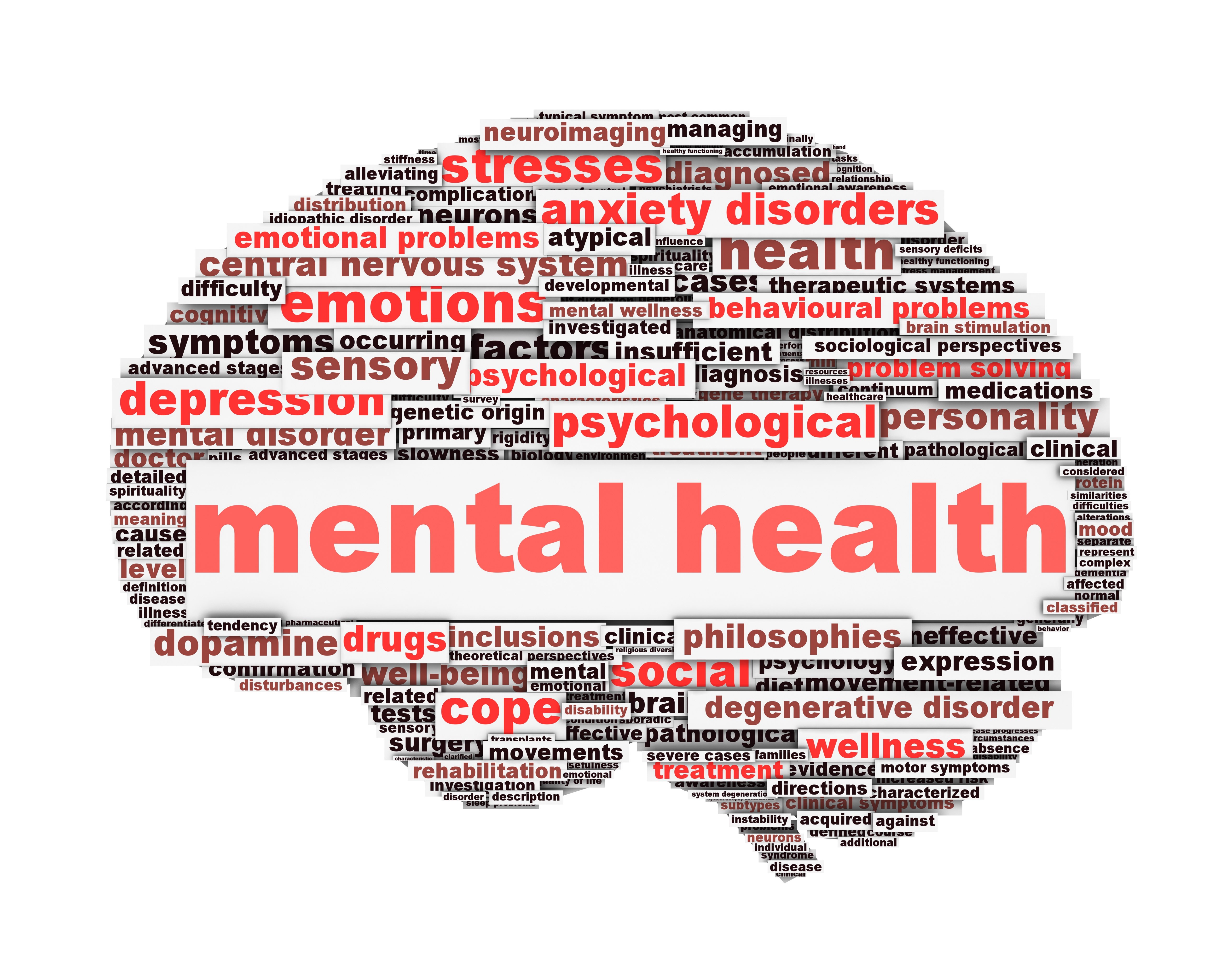Why Inpatient Mental Health Services Are Crucial for Recovery
Why Inpatient Mental Health Services Are Crucial for Recovery
Blog Article
Comprehensive Inpatient Mental Health And Wellness Providers for Effective Treatment
Inpatient mental health and wellness services stand for a vital component of the healthcare system, providing a intensive and organized setting for individuals experiencing extreme mental distress. Exploring the subtleties of this continuum reveals significant effects for both private healing and more comprehensive mental wellness end results.
Understanding Inpatient Mental Health And Wellness Services
Inpatient psychological health services offer critical support for individuals experiencing severe mental distress that can not be managed effectively in an outpatient setup. These services are developed to offer an extensive level of treatment in a structured setting, commonly within a healthcare facility or specialized facility. Patients confessed to inpatient programs typically show intense signs and symptoms, such as self-destructive ideation, severe anxiety, or psychosis, requiring round-the-clock monitoring and treatment.
The admission procedure generally entails an extensive assessment by mental health and wellness experts, that evaluate the individual's psychological state, background, and prompt needs. When admitted, patients involve in a range of therapeutic methods tailored to their details requirements, consisting of drug management, specific therapy, and team sessions. This alternative method intends to stabilize the patient's condition, promote safety, and foster coping skills.
Inpatient mental health services not only address instant wellness worries however likewise function as a bridge to ongoing treatment. By supplying a controlled setting, these solutions promote the advancement of treatment strategies that can be proceeded in outpatient settings, therefore ensuring a continuum of care and improving long-lasting results for individuals with complex mental wellness requirements.
Trick Parts of Effective Therapy
Efficient therapy in inpatient mental health and wellness solutions consists of a number of essential components that promote healing and stabilization. Primarily, a detailed analysis is important to identify the individual's particular requirements and difficulties. This evaluation notifies the development of a tailored treatment strategy, which works as a roadmap for intervention.
One more important component is the multidisciplinary team strategy. Cooperation amongst psychoanalysts, psychologists, registered nurses, and social employees makes certain that numerous point of views add to the patient's care, improving the performance of therapy. Evidence-based restorative methods, such as cognitive-behavioral therapy (CBT) and dialectical behavior modification (DBT), are likewise essential, supplying organized methods that deal with maladaptive idea patterns and behavior issues.

Finally, a concentrate on aftercare planning is critical to ensure a seamless change to outpatient solutions, minimizing the risk of relapse and promoting long-term wellness. These cumulative components create an effective therapy structure within inpatient psychological wellness services.
Advantages of Comprehensive Care

Comprehensive treatment in inpatient psychological health and wellness services provides countless benefits that substantially boost patient end results. One of the primary benefits is the all natural strategy to therapy, addressing not only the psychological signs and symptoms yet likewise the physical, social, and psychological demands of individuals. This complete evaluation enables customized interventions that promote total wellness.
Another benefit is the integration of multidisciplinary teams, which fosters collaboration among medical care specialists. This collaborative atmosphere makes certain that people obtain coordinated treatment, decreasing the danger of fragmented treatment and improving communication amongst caregivers. Extensive treatment promotes continuity of services, allowing for smooth changes from inpatient to outpatient settings, which is critical for lasting healing.

Lastly, the structured environment of comprehensive inpatient care gives a secure space for people to engage in restorative tasks, aiding them establish coping strategies and strength. Collectively, these benefits add to more efficient treatment and enhanced quality of life for people experiencing psychological health crises.
Evidence-Based Healing Strategies
In the world of psychological health therapy, evidence-based restorative approaches play a critical duty in making sure that clients receive effective and clinically sustained interventions. These techniques incorporate the ideal readily available research study with clinical competence and client worths, promoting a customized treatment experience that resolves specific demands.
Cognitive Behavior Modification (CBT) is one of the most extensively acknowledged evidence-based approaches, concentrating on determining and transforming adverse idea patterns and actions. This structured approach has demonstrated efficiency in treating conditions such as ptsd, anxiety, and stress and anxiety. Similarly, Dialectical Behavior Modification (DBT) is especially efficient for people with borderline individuality problem, stressing the growth of psychological regulation and interpersonal effectiveness skills.
Furthermore, medicine management is typically an important element of evidence-based treatment, as psychotropic medications can alleviate symptoms and boost total functioning. Collaborative care versions, which entail multidisciplinary teams, even more enhance the efficiency of inpatient solutions by making sure extensive assessments and continuous surveillance.
Eventually, the integration of evidence-based therapeutic strategies not only promotes favorable scientific outcomes yet likewise empowers people, promoting a sense of firm and durability in their mental wellness journeys.
Transitioning to Outpatient Assistance
The shift from inpatient psychological health and wellness services to outpatient assistance marks an essential phase in a patient's healing journey. This duration requires cautious planning and sychronisation to ensure connection of care and to alleviate the risks of regression or crisis. Efficient discharge preparation ought to start early in the inpatient remain, entailing inpatient mental health treatment a multidisciplinary team that consists of psychoanalysts, psychologists, registered nurses, and social workers.
Secret elements of a successful change include the advancement of a comprehensive aftercare plan customized to the individual's certain demands. This plan must outline follow-up visits, drug management, and therapeutic treatments, along with identify neighborhood sources and support system that can help with continuous recuperation.
Moreover, client and family members education and learning is vital during this phase. Recognizing the indicators of potential problems and the value of sticking to therapy can encourage patients and their support systems.
Routine follow-up and reassessment of the outpatient strategy are important to address developing difficulties. By promoting a collective connection in between outpatient and inpatient carriers, the likelihood of sustained recovery increases, ultimately improving the client's lifestyle and lowering the danger of readmission.

Final Thought
In summary, extensive inpatient psychological wellness services use a crucial framework for attending to extreme emotional distress through a multidisciplinary method. By incorporating evidence-based treatments, cultivating a structured environment, and promoting household participation, these solutions boost therapy effectiveness. The emphasis on stability and the development of coping skills not only aids in instant healing yet additionally facilitates a smoother transition to outpatient care. Ultimately, such extensive care is important for long-lasting mental health and wellness and wellness.
The admission process usually entails a thorough analysis by mental health specialists, that examine the individual's psychological state, background, and instant needs.Effective therapy in inpatient psychological health solutions consists of a number of key components that cultivate healing and stabilization.Thorough treatment in inpatient mental wellness services offers countless advantages that considerably enhance individual results.The change from inpatient psychological health solutions to outpatient support notes an important phase in a person's healing trip.In recap, comprehensive inpatient psychological health solutions provide an essential framework for addressing serious psychological distress via a multidisciplinary approach.
Report this page